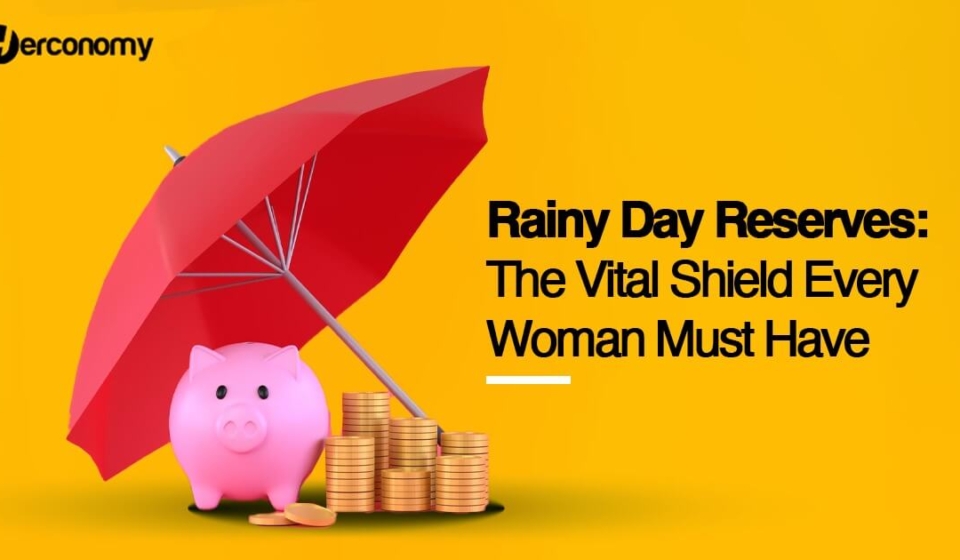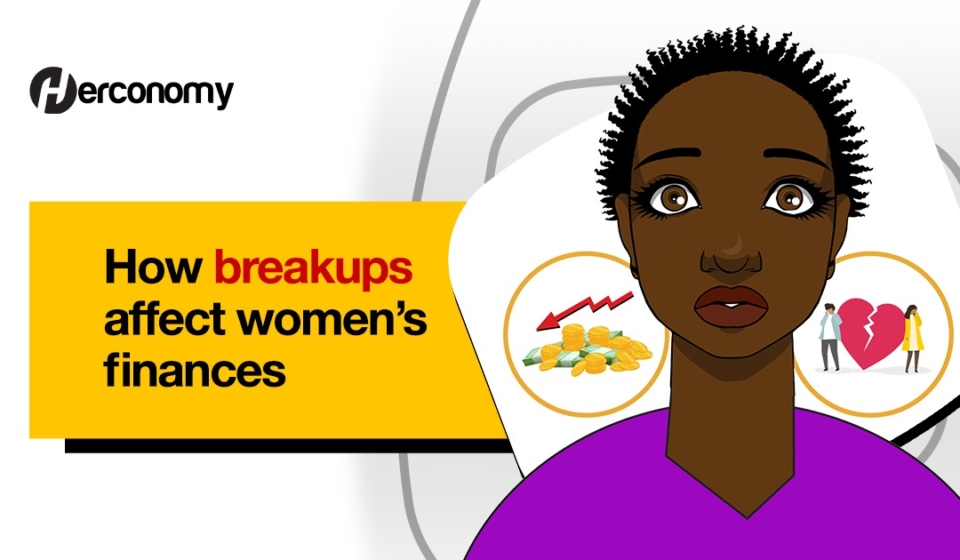
The festive period is around the corner, meaning a lot of expenses and spending will rise. It is important to remember that we are to spend on our needs and not our wants.
A recent study conducted by the cross-border payment company WorldRemit has revealed that Nigerians spend a staggering 196% of their monthly income towards Christmas celebrations. These statistics indicate financial strain or imprudent budgeting, and such high expenditure could lead to financial instability and potentially contribute to debt accumulation among the surveyed population. Additionally, it raises concerns about the overall financial well-being and savings culture of individuals in relation to their discretionary spending during festive seasons.
It is therefore important to be mindful of spending during the festive period. Furthermore, due to the rise in the exchange rate in Nigeria, inflation in the prices of commodities has skyrocketed and is still expected to increase. Therefore, we must spend on what is necessary during the festive period.
There are various ways to minimize costs during the festive period these include:
Establish a budget:
Create a planned spending outline by listing intended purchases. Avoid impulsive shopping by sticking to the list during the festive rush.
Purchase of decorative pieces during the holiday season should also be in moderation. It is important to have a list so as not to be impulsive when purchasing the items. Also, the use of previously purchased decorative items can save you money.
The festive period is also a time of gift-giving. It is also important we have a list of the gifts we wish to give out and have a budget as buying a gift that is not needed leads to a waste of money.
For instance: If you have a budget of ₦150,000 which is a fraction (50%) of your income, 30% can go to feeding, 40% can go to outfit purchase, 20% to gifts and 10% to miscellaneous.
Bulk buying:
It is advisable to purchase food items before the rush of the festive period begins as the prices are expected to increase due to inflation and the festive season. Purchase of food items that appear on your list as stated above should be strictly adhered to so as not to purchase what is not needed. Having a list of food items that are needed should be made to guide you during shopping. When buying food items, the purchase of unperishable can be done in bulk to save money than buying individually. Purchase of perishable food items should be done at intervals when needed to reduce waste of food items and money. For instance: Purchasing a carton of noodles can save you ₦20-₦30 on each pack of noodles if bought individually.
Another way to minimize cost is by purchasing an item with a group of individuals and sharing. For instance: if you cannot afford to get a full goat, or you just need a small chunk of it, you can contribute with a couple of your friends or work colleagues and share amongst yourself. This can minimize cost; prevent wastage and you can also get a moderate size of the product.
Minimize outings:
Many parties and events such as concerts, gatherings, and outings are expected to happen during the festive period. They might not seem to be a lot of expense, but a little bit here and there can lead to a high sum so it’s important to be intentional about our outing during the festive period.
Have a budget targeted towards outings and stick to the budget. A way to minimize spending on outings is by spending quality time indoors with family and friends. Also engaging in activities that require little to no fee can be a way to minimize cost during the festive period such as going to the park and recreational centers.
It is essential to express a word of caution regarding the upcoming 2023 Christmas celebration among Nigerians, especially in the current economic challenges. While individuals participate in extensive spending to acquire everything necessary for the celebration, it is important to remember that life continues after the Christmas celebration. As we enter January 2024, expenditures and personal investments do not vanish into thin air. The funds spent during the festive period do not yield a return on investment. Therefore, it is important for individuals to be mindful of upcoming obligations and potential emergency crises. This is particularly pertinent now, given that the healthcare sector, including over-the-counter drugs, is currently facing the highest inflation in the history of Nigeria.










